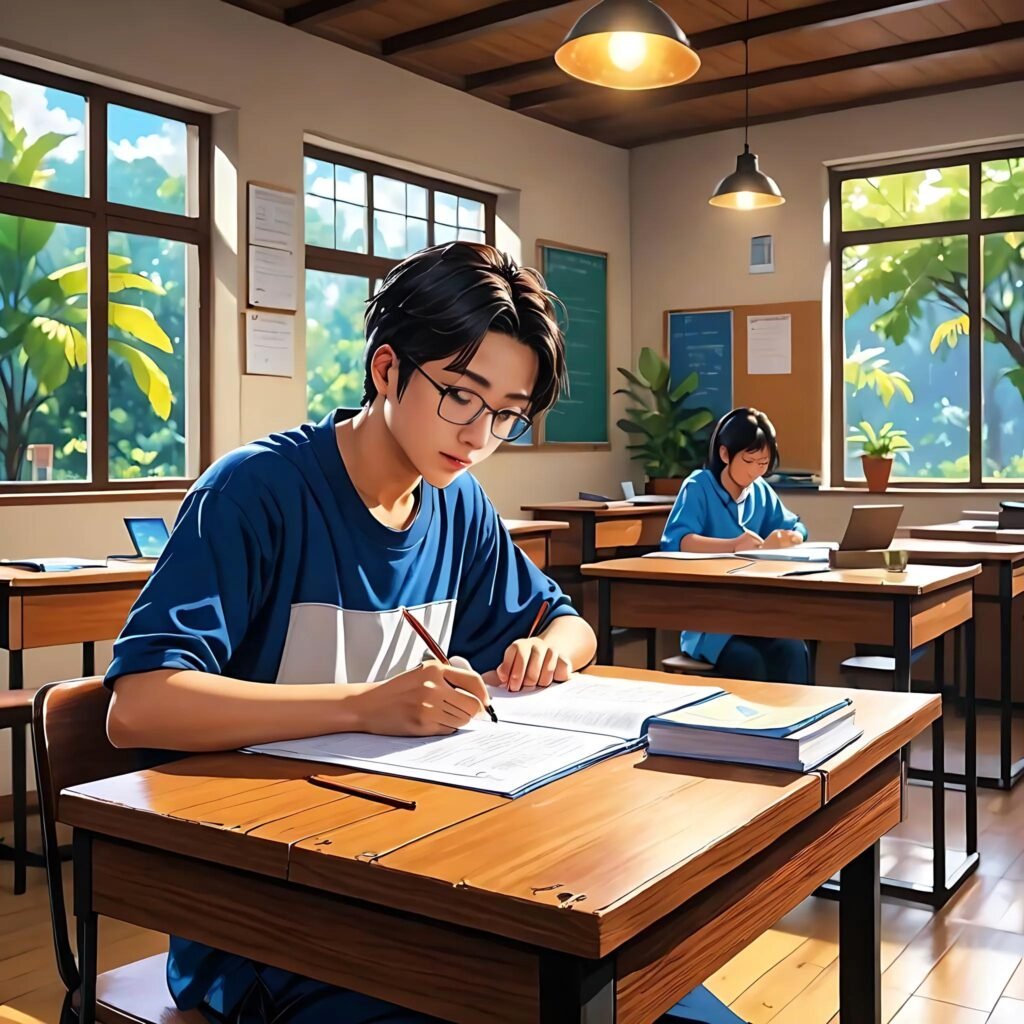In the vast landscape of India, where millions aspire to secure coveted government jobs, only a select few emerge triumphant. The pursuit of government employment in India is marked by intense competition, rigorous selection processes, and myriad challenges that deter all but the most determined aspirants. In this in-depth exploration, we unravel the complexities surrounding the attainment of government jobs in India, shedding light on the systemic barriers, socio-economic disparities, and individual hurdles that contribute to the elusive nature of this dream

.### The Demand-Supply Mismatch####
Overwhelming Demand
One of the fundamental reasons behind the scarcity of government jobs in India is the staggering demand outweighing the available vacancies. With a burgeoning population and limited opportunities in the private sector, government jobs are perceived as beacons of stability, security, and social status. This perception fuels an incessant influx of aspirants, resulting in fierce competition for a finite number of positions across various government departments and agencies.
#### Limited Vacancies
Despite the substantial demand for government jobs, the number of vacancies announced each year falls short of meeting the aspirations of millions of aspirants. Government recruitment drives, whether conducted at the national, state, or local levels, typically offer a limited number of vacancies relative to the pool of applicants. This scarcity exacerbates competition and heightens the selection criteria, making it increasingly challenging for aspirants to secure coveted government positions.
### Systemic Barriers and Challenges####
Complex Selection Processes
Government recruitment processes in India are characterized by intricate selection procedures, including written examinations, interviews, and document verification stages. These processes vary across departments and agencies, each with its own set of eligibility criteria and examination patterns. Navigating these convoluted selection processes requires meticulous preparation, strategic planning, and often, professional guidance. As a result, aspirants without access to quality education, resources, or coaching facilities face significant barriers in competing on a level playing field.
#### Regional Disparities
Regional disparities in access to education, infrastructure, and employment opportunities further compound the challenges faced by aspirants seeking government jobs. While metropolitan cities boast premier educational institutions and coaching centers, rural areas and smaller towns grapple with inadequate infrastructure, limited access to quality education, and socio-economic barriers. As a consequence, aspirants from marginalized communities and underprivileged backgrounds encounter formidable obstacles in preparing for government exams and accessing information about job opportunities.
#### Bureaucratic Hurdles
The bureaucratic machinery governing government recruitment processes in India is often criticized for its opacity, inefficiency, and susceptibility to corruption. Delays in conducting examinations, discrepancies in evaluation procedures, and instances of malpractice undermine the integrity and fairness of recruitment processes, eroding trust and confidence among aspirants. Additionally, bureaucratic red tape and procedural bottlenecks exacerbate the frustrations of aspirants, prolonging the time taken to fill vacant positions and impeding the realization of their career aspirations.
### Socio-Economic Disparities####
Privilege and Access
Access to quality education, resources, and socio-economic privilege plays a pivotal role in determining the likelihood of securing a government job in India. Aspirants hailing from affluent backgrounds or urban centers often benefit from superior educational facilities, personalized coaching, and familial networks that facilitate their preparation for government exams. Conversely, aspirants from marginalized communities, rural areas, or economically disadvantaged backgrounds confront systemic barriers, financial constraints, and limited access to educational resources, impeding their ability to compete on an equal footing.

#### Reservation Policies
India’s reservation policies, designed to promote social justice and address historical inequalities, allocate a certain percentage of government job vacancies to candidates from scheduled castes (SC), scheduled tribes (ST), other backward classes (OBC), and economically weaker sections (EWS). While these policies aim to enhance representation and inclusivity in government institutions, they also give rise to contentious debates surrounding meritocracy, fairness, and the dilution of selection criteria. As a result, aspirants from general or unreserved categories often perceive reservation policies as barriers to their own aspirations, further intensifying competition for limited vacancies.
### Individual Hurdles and Realities####
Intense Competition
The competitive landscape of government exams in India is characterized by cutthroat competition, with lakhs of aspirants vying for a handful of positions. The sheer magnitude of competition necessitates exceptional academic prowess, strategic preparation, and unwavering perseverance to stand out amidst the throngs of aspirants. As a consequence, many aspirants invest significant time, effort, and resources in preparing for multiple exams, often enduring years of rigorous study and repeated attempts before achieving success.
#### Mental and Emotional Toll
The journey of preparing for government exams in India exacts a profound mental and emotional toll on aspirants, encompassing periods of self-doubt, anxiety, and uncertainty. The prolonged duration of preparation, coupled with the unpredictability of outcomes and societal pressures, exacerbates stress levels and takes a toll on aspirants’ well-being. Moreover, the stigma associated with failure and the fear of societal judgment compound the challenges faced by aspirants, amplifying the psychological burden of pursuing government jobs.
### Conclusion
In the labyrinthine landscape of government employment in India, the quest for securing coveted positions remains a daunting endeavor fraught with challenges, obstacles, and uncertainties. From systemic barriers and socio-economic disparities to intense competition and individual hurdles, aspirants confront a myriad of challenges in their pursuit of government jobs. As India strives towards progress, inclusivity, and equitable opportunities, addressing these challenges and fostering a conducive environment for aspirants from all backgrounds to realize their aspirations remains imperative. Ultimately, the journey of securing a government job transcends individual ambitions—it embodies the collective aspirations, struggles, and resilience of millions of aspirants who dare to dream against the odds.
Unveiling the Elusive Dream ; Why only a few secure Govn Jobs In India
The pursuit of Happiness: A comprehensive Guide to Sustaining Joy in life